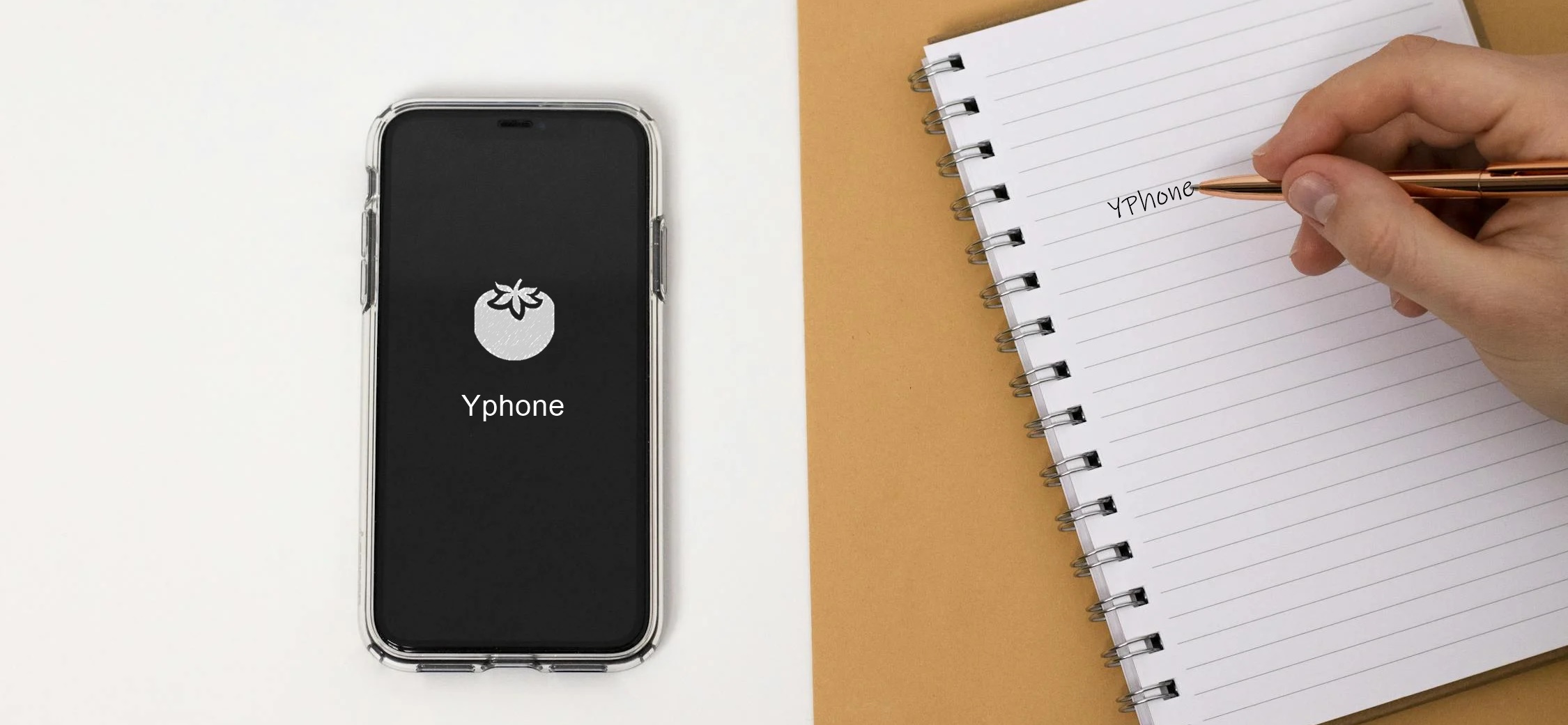



Trademark Infringement in the Philippines may result in imprisonment, fines, and the cessation of usage of the registered mark.
A registrant who owns a registered trademark can file several cases for trademark infringement in the Philippines.
An administrative action before the Intellectual Property Office of the Philippines, or IPOPHL, can be filed through its Director for Legal Affairs.
Civil and criminal cases can also be filed at the regular trial courts.
Filing a case before one of the courts or the IPOPHL excludes the other judicial bodies from hearing the same issues, so it is important to determine what the correct case to file is from the outset.

IPOPHIL has a quasi-judicial function that handles cases of trademark infringement in the Philippines
The IPOPHL through the issuance of the Rules and Regulations on Administrative Complaints for Violation of Law Involving Intellectual Property Rights defines trademark infringement in the Philippines.
Trademark infringement in the Philippines is any violation of any rights of the registered owner of a Mark under the law on Trademarks of the Intellectual Property Code, other applicable Intellectual Property Laws, and the acts enumerated in Section 155 of the Intellectual Property Code.

Trademark infringement in the Philippines can be filed with the IPOPHIL or trial court, depending on the situation
A case or action for trademark infringement in the Philippines is filed at different venues, depending on the type of case.
It is highly advisable that you seek the assistance of a lawyer who is familiar with handling cases and drafting pleadings.
For cases that involve court, they should be heard by the Special Commercial Courts with jurisdiction over where the plaintiff resides and where the violation of the Intellectual Property rights was committed.
The available action for the injured party follows the rule of exclusivity.
This means that choosing one of the offices or courts to file your cause of action will prevent the filing of the same cause of action with the other court or offices.

Philippine trademark infringement cases are common but very few actually file a complaint
Trademark Infringement in the Philippines happens when a reproduction, counterfeit, copy, or colorable imitation of a registered mark including the same container or dominant feature is used.
It takes place the moment any of the above acts are committed regardless of actual sale of the goods or services infringed.
It also considers when intention to sell the goods or services subject to the acts mentioned, and of course the actual sale is done, including any other preparatory steps and the use of the same in labels, signs, prints, packages, wrappers or advertisements.
For Philippine trademark infringement to exist, the person guilty of infringement did not have the consent of the registered owner to use the Mark.
An owner of a registered Mark can allow other people to use his Mark through a contract known as License Agreement.
A License Agreement acts as the proof of consent for a third party to use a registered Mark not owned by the third party.
A License Agreement enables a party using the mark to be free from accusations of trademark infringement since he was given permission to use the Mark.

Trade name and trademark infringement in the Philippines are two different things that have different registrations and regulations.
A Trademark or Mark is defined by the Intellectual Property Code of the Philippines as any visible sign capable of distinguishing the goods or services of an enterprise and shall include a stamped or marked container of goods.
A Trade Name is a name or designation of a business that they use in the conduct of their business before the general public.
A registered name before the Department of Trade or the Securities Exchange Commission might not be the business name or trade name.
There are some businesses that have a different trade name from their registered corporation, sole proprietorship, or partnership names.
One example is Cebu Air Incorporated.
In the SEC, they are registered as Cebu Air Incorporated; however, they are known by their business name, Cebu Pacific.
Even though it is not required to register your trade name, it is highly advisable to do so.
Registering a trade name proves that the trade name has already been used since the date of its registration and is owned by a specific entity.
Registration provides an added level of security to your brand and can be accomplished at the DTI or the SEC, as applicable.